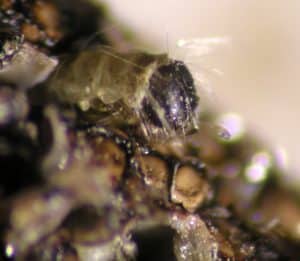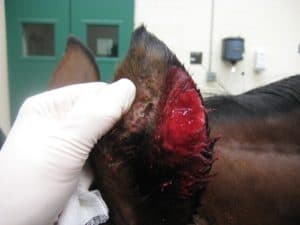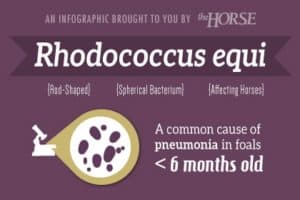Latest News – The Horse
Pasture Management 101 Seminar Scheduled
The University of Maryland (UMD) Extension will host a day-long seminars on horse pasture management on April 12 at Bay Point Equestrian Center in Berlin, Md.

Girth Pressure’s Impact on Equine Performance
Researchers say girth pressure can impact horses’ performance quite a bit. So much, in fact, that they’ve created a new girth shape that curves around the primary high-pressure area.
Univ. of Florida to Offer Online Horse Care Course
The course is intended for those interested in learning more about horses and the science behind the management practices used today.
UltrOZ Announces First Essay Contest Winner
Danielle Stacy’s winning essay is entitled “Moving Towards a Clean Sport–The Role of Next Gen Therapies in Equine Sports Medicine.”

Relieving Laminitis Pain in the Field
Because poorly controlled pain can be a deciding factor for euthanizing laminitic horses, an appropriate and timely approach to pain management is critical in caring for affected horses.

Biosecurity Tip of the Month: Water Sources
Your horse needs water when he travels, but some water sources could harbor infectious disease. Here’s how to minimize your horse’s risk of contracting disease via water sources.

Diagnosing Lameness in Horses
How do you know if your horse is lame? Dr. Erin Denney-Jones shares information about diagnosing lameness in horses.

Kentucky Horsemen Prepped on New Racehorse Drug Rules
Kentucky horsemen March 14 received an overview of impending equine medication changes along with a few tips to avoid headaches when the new regulations take effect later in the spring.
New York Regulators Approve Racehorse Health-Related Rules
At a March 12, New York racing regulators passed several racehorse health regulations.

Congressional Horse Caucus Holds First Meeting of 2014
Several issues, including immigration reform and the Race Horse Cost Recovery Act (which would renew a provision that expired at the end of 2013 and place all racehorses on a three-year depreciation schedule as well as other issues), were discussed.

Winter No Threat to Eastern Tent Caterpillar Eggs
The Eastern tent caterpillar has been implicated as the cause of mare reproductive loss syndrome (MRLS).

Buck Brannaman on Horse Herd Behavior and Yielding Softly
Brannaman said owners need to train their horses to yield softly to their humans–including veterinarians–rather than yielding out of fear.

Leishmaniasis: No Longer Just a Foreign Animal Disease
In horses, leishmaniasis presents as nodules on the head, pinnae, scrotum, legs, and neck–the areas where sand flies commonly feed. These nodules can occur in groups or be solitary, and they often ulcerate.

Infographic: Rhodococcus equi
Rhodococcus equi is a serious infectious disease that can cause pneumonia in foals. Learn how to protect your herd of youngsters in this information-packed visual guide.

Feeding Time Pawing
Do you have any suggestions for stopping a horse from pawing while he is eating his grain?

Study: Lower Corticosteroid Doses Might be Beneficial
Researchers concluded that a corticosteroid treatment’s desired therapeutic effects could be achieved at lower dosage levels than recommended by the manufacturer and commonly used on racehorses.











